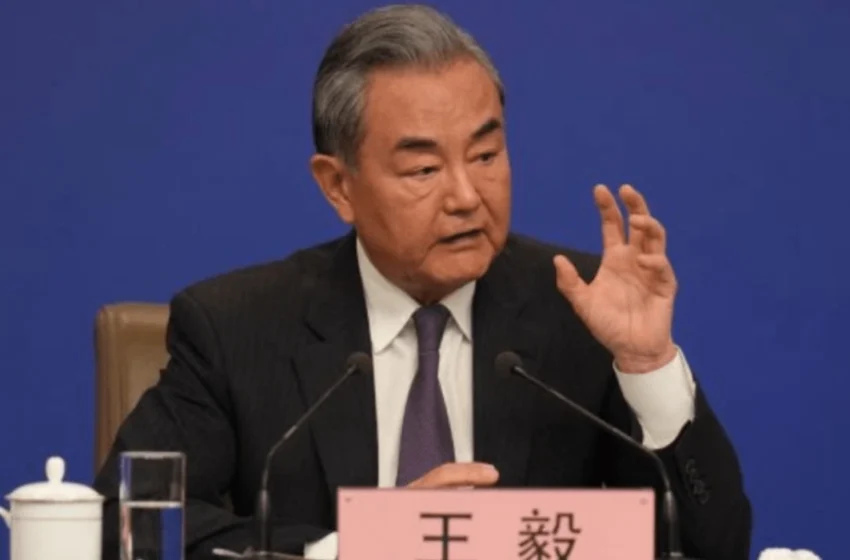
China backs Pakistan in effort to soften UNSC statement on Pahalgam attack
Despite the United Nations Security Council’s (UNSC) condemnation of the Pahalgam terrorist incident, there are rumours that China and Pakistan conspired to dilute the statement. The UNSC’s statement about the incident was co-signed by Pakistan, a non-permanent member.
However, the UNSC’s most recent statement was less forceful than the one it issued in the wake of the 2019 Pulwama incident. The Times of India said that Pakistan enlisted China’s assistance in order to lessen the statement’s bias towards India.
It is important to remember that although Pakistan’s official statement after the Pahalgam incident stated “concern,” the Islamabad government made no mention of denouncing the strike that killed 26 people in the Pahalgam area of Kashmir.
The Pahalgam terror attack in Jammu & Kashmir resulted in heavy casualties, and it received robust criticism from the international community, the United Nations Security Council (UNSC), included. But the diplomatic reaction at the UNSC turned into a center of controversy as Pakistan and China were involved in forming the council’s official declaration.
Both Pakistan and China were reportedly involved in revising the language of the UNSC’s censure of the Pahalgam attack.
Whereas previous UNSC statements-on, for example, after the 2019 Pulwama attack, where it clearly urged all countries to assist the “government of India”-had used the more specific term “all relevant authorities,” the Pahalgam statement did not include a direct mention of India.
This change in phrasing was crucial. Previously, the UNSC had called upon all states to assist the government in the country (India) in investigations and prosecuting perpetrators. The watered-down language of the Pahalgam statement, obtained after negotiations with Pakistan and China, did not overtly endorse India’s investigation efforts.
Pakistan, denying any role in the attack, feared a direct reference to the Indian government would give New Delhi greater strength and global backing for its probe. China, being a permanent member of the UNSC and Pakistan’s close friend, endorsed such an effort, resulting in a consensus statement that was less acerbic than India had demanded. The talks were characterised as “intense,” with the United States originally suggesting the statement and Pakistan and China attempting to alter its wording.
This shift in policy is a significant diplomatic victory for Pakistan, supported by China, as it blocks India from using the UNSC statement to gain international support against Pakistan. India was deeply dissatisfied with the watered-down statement, viewing it as an opportunity lost for the international community to wholeheartedly support its anti-terror operations in Jammu & Kashmir. The UN, on its part, reaffirmed its concern and urged restraint from both India and Pakistan to avoid any further escalation.


